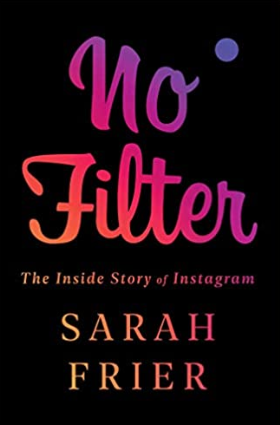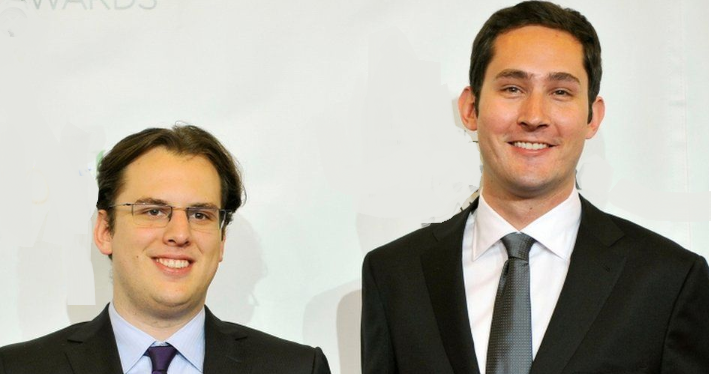
Cultish photo-sharing app fuelled jealousy, bullying



In 2010, Kevin Systrom and Mike Krieger, the co-founders who wanted to cultivate a community of photographers and artisans released a photo-sharing app called Instagram, with one simple irresistible feature. It would make anything you captured through your phone look more beautiful.
In less than two years it went mainstream and caught Facebook’s attention as Mark Zuckerberg bought the company for $ 1 billion, a deal hammered out in Zuckerberg’s backyard over a barbecue, without any middleman or banker, when Instagram was just 13 employees. But the co-founders stayed on trying to maintain Instagram’s beauty, brand and cachet, considering their app a separate company within the social networking giant. They urged their employees to make minimum changes only when necessary resisting Facebook’s grow-at-all-costs philosophy in favour of a strategy that highlighted creativity and celebrity. When Instagram reached 1 billion users, Mark Zukerberg once supportive of founders’ autonomy, began to feel threatened by Instagram’s success.
Systrom more aesthete than nerdy Silicon Valley hacker, falls victim to his own success, irking a petty and paranoid Zuckerberg, eventually, the clash culminates in the departure of Systrom and his co-found Michel Krieger towards the end of 2018.
Product decisions such as not allowing users to be able to repost each others’ photos – were made in a bid to keep the app on the right side of cool and classy, to woo artists and creative types.
“You followed ( someone) because you wanted to see what they saw and experienced and created. Not someone else, “ explains Frier.
This was in fact at odds with Facebook’s unbridled quest for world dominance and growth-at-all-costs mentally. While Zuckerberg wanted more people on his platform, Systrom wanted perfection. Instagram ended up fuelling a problem not just about truth in advertising, but about truth in life.
Frier shows Syhstrom’s efforts to placate his owners, such as the successful launch of Instagram stories, videos that disappear after 24 hours.
Frier explains two unintended consequences of Instagram’s transformation with lively case studies. The first is the impact on users’ mental health, with bullying rife and unattainable beauty standards pervasive,
Numerous influencers suggest the Kardashians, Justin Bieber, and Taylor Swift have Instagram’s team on speed dial as they navigate the app’s explosive growth and upgrades. This is how the mini economy of influencing is born.
In No Filter, Sarah Frier uncovers how the company’s decisions have fundamentally changed how we interact with the world around us and draws unprecedented exclusive access from the founders of Instagram, as well as employees, executives, and competitors, Anna Wintour of Vogue, Kris Jenner of the Kardashian –Jenner empire and several influencers.
Frier, examines how Instagram’s dominance act as a lens into our society today, highlighting our fraught relationship with technology, our desire for perfection and the battle within the tech for its most valuable commodity, our attention.
In the final chapter Systrom quits, frustrated as Zuckerberg bulldozes ahead with plans to merge Facebook’s apps into one system..
Instagram is powered by its user’s aspirational desires and embodied by a shallow and homogenous “influencer industry”, as Zuckerberg cannot bear to lose ground to minnows, even if he owns it.
No Filter: The Inside Story of How Instagram Transformed Business, Celebrity and Our Culture by Sarah Frier, Simon Schuster/ Random House Business $28/20, 352 pages.
